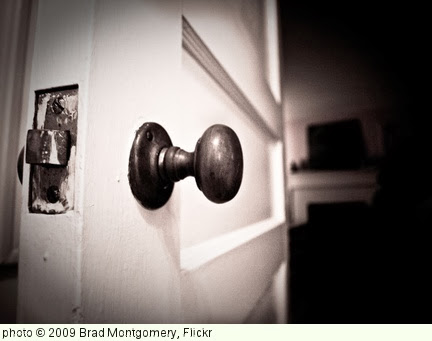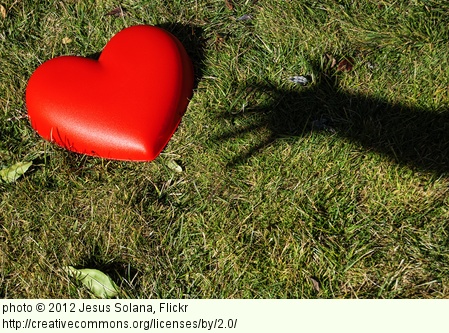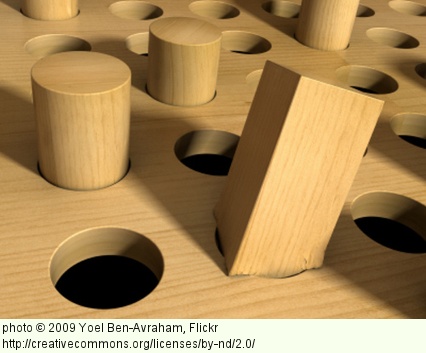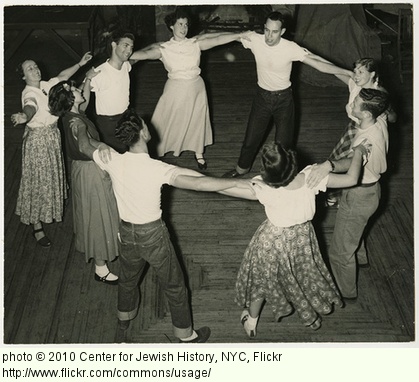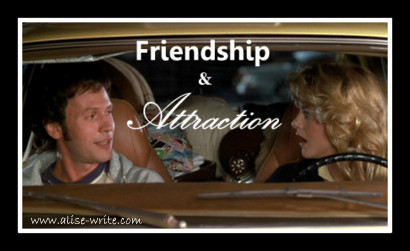The famous churches in the world are popular for a reason. It took years of hard work to make the masterpieces. If you go on a world-trip to visit the most beautiful churches, make sure you visit the following six:
1. Notre Dame de Paris, France
Notre Dame de Paris is a Gothic, Roman Catholic Cathedral. Its treasury contains the purported Crown of Thorns. The construction of the Notre Dame Cathedral started in 1163 and continued until 1345. Its magnanimous structure and brilliant architecture make it one of the most beautiful churches in the world.
2. Saint Basil’s Cathedral, Russia
Located in the exact center of Moscow, Saint Basil’s Cathedral is a thing of beauty. Its colorful exterior and beautifully-crafted indoors make it a UNESCO World Heritage Site. You can understand why thousands crowd here every year.
3. Sagrada Familia, Spain
This is also a UNESCO World Heritage Site. It took more than 50 years to construct this work of art. You will feel like entering into one of those magical castles that you often see in movies.
4. Wailuku Union Church, Maui
The makers of the Wailuku Union Church call it “a masterpiece offering for the glory of the God.” Its crenelated towers, corner buttresses, and stone-layered finish make it look astonishing. Apart from the astonishing towers and buttresses, the gravel roof is something to behold, one that you may want to ask your Maui roofing contractor to install in your home.
5. Las Lajas Sanctuary, Colombia
According to history, the maker saw an apparition of the Virgin Mary here in 1754. This apparition instigated the building of this gigantic basilica church. It’s a popular tourist spot in Colombia as people gather around to admire the church’s beauty.
6. Gergeti Trinity Church, Georgia
Sitting atop the Gergeti village is one of the world’s most picturesque churches. Reaching there feels like reaching the top of the world. The beautiful landscape surrounding the church is magnificent.

